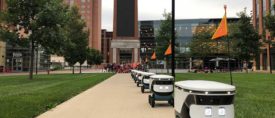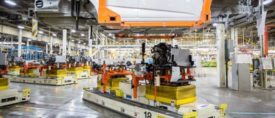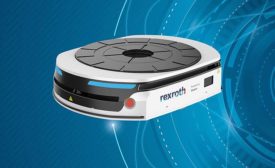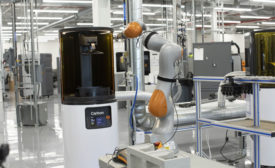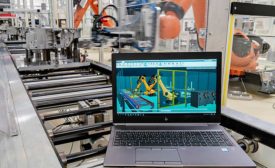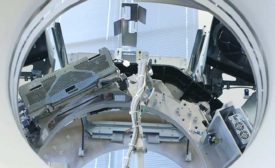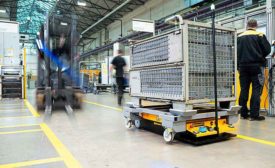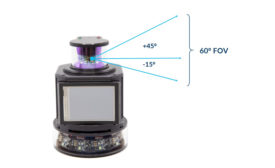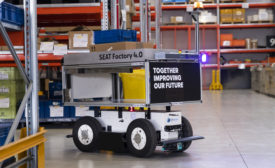Home » autonomous mobile robot
Articles Tagged with ''autonomous mobile robot''
Autonomous robots will soon be roaming city sidewalks and streets.
Read More
Conveyor-Less Micro Factories for Urban Car Production
Automakers don’t need conveyors to transport vehicles on assembly lines - the vehicles can move themselves.
November 28, 2022
Industry 4.0 at Škoda
Digital twins, autonomous mobile robots and AI are some of the cutting-edge technologies helping European automaker Škoda compete.
June 28, 2022
Never miss the latest news and trends driving the manufacturing industry
Stay in the know on the latest assembly trends.
JOIN TODAY!Copyright ©2024. All Rights Reserved BNP Media.
Design, CMS, Hosting & Web Development :: ePublishing
